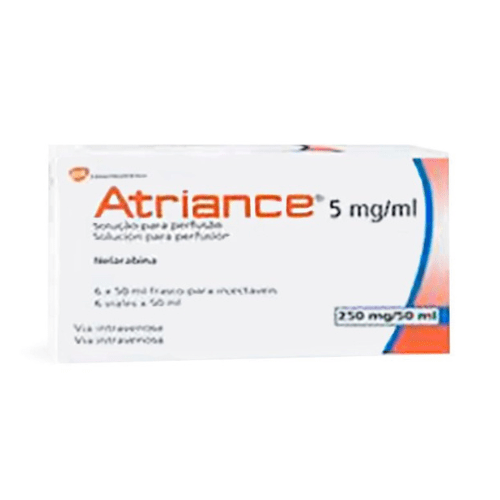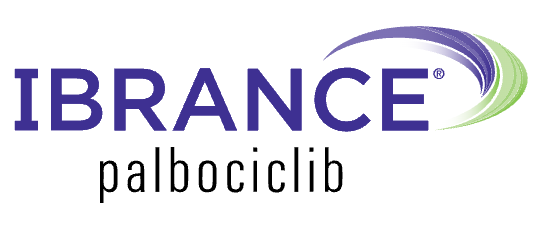
Introduction
Atriance ((Nelarabine) has received approval from the for the treatment of acute lymphoblastic leukemia (ALL) in pediatric patients, specifically those aged between 1 and 17 years.
Therapeutic Effect
Atriance’s mechanism of action involves inhibiting the enzyme thiopurine methyltransferase. This enzyme typically inactivates certain drugs used in leukemia treatment. By blocking this inactivation, Atriance ensures these drugs remain active, effectively fighting leukemia cells.
Uses
Atriance is used in treating with T-cell acute lymphoblastic leukaemia (T-ALL) or T-cell lymphoblastic lymphoma (T-LBL), a cancer affecting white blood cells. It is usually given with other chemotherapy drugs to increase its effectiveness. Atriance stops the growth and spread of cancer cells in the body, which helps slow the disease’s progression.
Dosage
- The dosage and infusion frequency of nelarabine are determined by the patient’s age and body surface area, calculated based on their height and weight.
- For adults and adolescents aged 16 and above, the initial recommended dose is 1,500mg per square meter of body surface area, administered over two hours on days one, three, and five, with a 21-day cycle.
- Patients under 16 receive 650 mg per square meter given over one hour for five consecutive days, also with a 21-day cycle. This regimen can also be applied to patients aged 16 to 21.
- Treatment should cease if severe side effects impacting the brain or nervous system occur, and it may be delayed in the case of other side effects.
Recent Research
Newer studies have demonstrated Atriance’s effectiveness in the treatment of acute lymphoblastic leukemia (ALL) among children and adolescents. In a publication, Journal of Clinical Oncology, it was reported that Atriance, combined with other chemotherapy drugs, significantly increased the survival rates in pediatric ALL cases. Additionally, another study published in the New England Journal of Medicine supported Atriance’s efficacy in addressing relapsed or refractory ALL among this age group.
Warning Precautions
Atriance injection is a chemotherapy drug and can cause serious side effects. Healthcare provider should be closely monitored by patients their healthcare provider while taking Atriance. Some of the warning precautions associated with Atriance include
Bone marrow suppression: Atriance can cause a decrease in the number of white blood cells (WBC), red blood cells (RBC), and platelets in the body. This can increase the risk of anemia, infection, and bleeding.
Liver toxicity: Atriance can cause liver damage, which can be life-threatening in some cases. Patients should get thier liver functioning test while taking this medicine.
Gastrointestinal toxicity: Atriance can cause nausea, vomiting, diarrhea, and other gastrointestinal side effects.
Side Effects
Some of the common side effects associated with Atriance include
- Nausea and vomiting
- Diarrhea
- Fatigue
- Headache
- Abdominal pain
- Decreased appetite
Patients should report any side effects to their healthcare provider immediately.
Other Related Research Paper Information
Several other research papers have been published on the use of nelarabine injection in treating ALL. A study published in the Journal of Pediatric Hematology/Oncology found that Atriance effectively treats ALL in children with Down syndrome. Another study published in the Journal of Clinical Oncology found that Atriance effectively treated ALL in children with high-risk diseases.
Conclusion
Atriance is an effective chemotherapy drug used to treat ALL in children and adolescents. Recent research has shown that Atriance, combined with other chemotherapy drugs, can improve the survival rate of children with ALL. However, Atriance can cause serious side effects, and Patients need diligent monitoring under the care of their healthcare provider while taking the medication. Patients should report any side effects to their healthcare provider immediately. Atriance price in India depends on the product requirement. Request more details by contacting our Patient Support Team at (+91) 9315705373 or help@sansfro.com.
Reference



